What regulations do you have to comply with?
Do you produce or distribute furniture, DIY and garden products, toys, or building materials on the French market?
Extended Producer Responsibility (EPR) requires you to contribute to the prevention and management of the waste generated by your products. Finance the reuse and recycling sector, inform your customers, take back their used products, extend the life of your products.

Extended Producer Responsibility:
Ecomaison simplifies your compliance process

Manufacturer, distributor or marketplace: are you marketing furniture, bedding, textile decorations, toys, outdoor games, DIY and garden products, or building products and materials?
You have legal obligations in terms of reuse and recycling. By joining Ecomaison, a government-approved eco-organization for all these product families, you can comply with these obligations and benefit from a wide range of services.
Access Ecomaison tools and services
Whether you're a member or a future partner, find out all about Ecomaison's exclusive tools, services and resources.
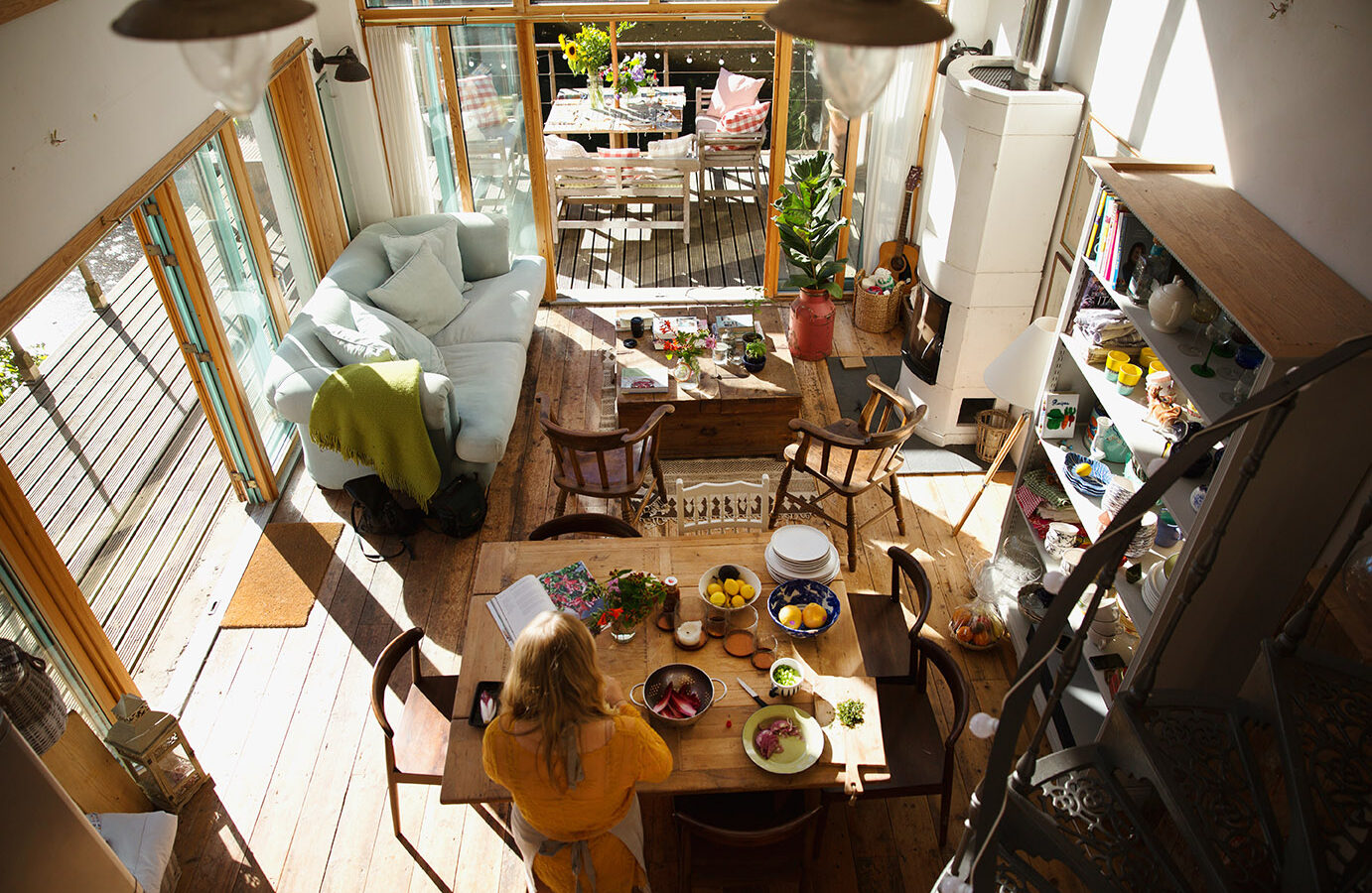
Discover our sectors
Furniture, building products and materials, DIY and garden products, toys: Ecomaison is the state-approved eco-organization for these four Extended Producer Responsibility (EPR) channels.
We offer services and solutions to professionals to help them meet their regulatory obligations and act in favor of a more virtuous circular economy.
One membership, many benefits
With our range of services, Ecomaison can help you turn your regulatory obligations into development opportunities.
We offer you eco-modulated eco-participation rates, free collection solutions for used products, and support for your eco-design initiatives. And all this through a one-stop shop for home and building products and materials.
Easily obtain your unique identification number
When you are subject to Extended Producer Responsibility (EPR), you have to prove that you are complying with your obligations to reuse and recycle the products and materials you put on the market.
This proof is the unique identification number (IDU), which identifies you to ADEME as a marketer. It is assigned to you as soon as you join Ecomaison.
Marketplaces, you're concerned!
Marketplaces must also comply with regulatory obligations: they are responsible, on behalf of third-party sellers using the platform, for providing or contributing to waste prevention and management. Here's a look at the five steps to compliance.
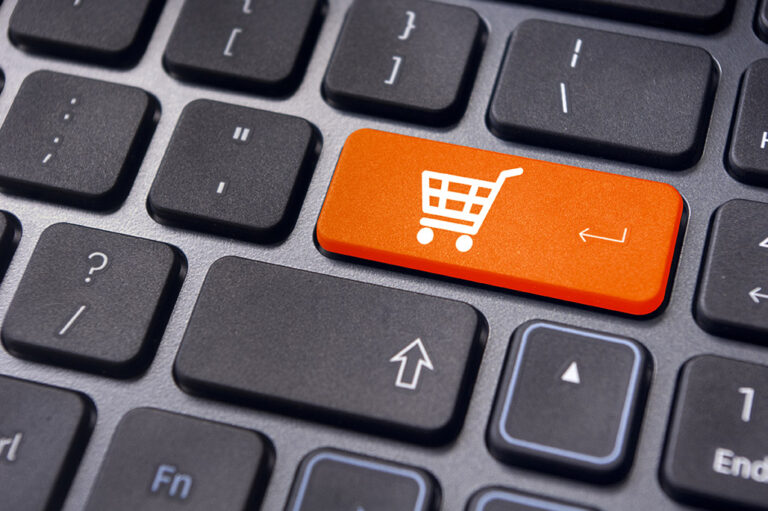
Direct access
Eco-participation: a tool for financing re-use and recycling channels

All marketers must pay an eco-participation fee to the eco-organization to which they belong, according to the scale published by the latter. It applies to all products placed on the market.
The sums paid out finance repair and reuse funds, containers and the collection, transport, recycling and recovery of waste, as well as research and development expenditure and incentives for eco-design.
Whether or not it is visible on the selling price, the eco-participation is systematically applied and paid to the eco-organization.
Modulated eco-participation rates
Ecomaison classifies its eco-tax rates by product category and material. They are modulated according to the recyclability of the products, the use of renewable resources and the extension of the useful life.
Eco-modulation of tariffs rewards eco-design initiatives. The incorporation of recycled materials in products, and the provision of spare parts, are also eligible for eco-design rewards in the form of bonuses.

Focus on eco-modulation for spare parts
Eco-modulation on spare parts is designed to encourage manufacturing methods that promote the reparability of items placed on the market. Applicable to do-it-yourself and garden items, as well as toys, it reduces the amount of the eco-participation fee by 10%.
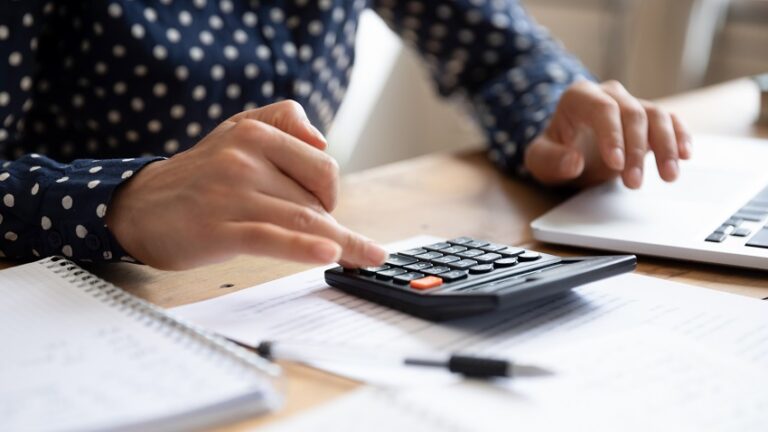
Product coding, an essential first step
As a retailer, you must apply eco-tax to your products and/or materials. Coding, eco-participation amounts: Ecomaison has set up an online tool.

Take advantage of eco-modulation
Your eco-participation can be modulated according to your eco-design efforts.
Easily declare eco-taxes
Ecomaison members have access to a dedicated platform for all their procedures: everything they need to calculate and declare the amount of eco-participation on each product is available there.
- If you declare on a quarterly basis, the declaration must be made in the month following the marketing quarter.
- If you opt for the annual declaration, the declaration is made in May of the following year.
Ecomaison offers a simplified, flat-rate scheme for producers who market small quantities of products.
Access Ecomaison tools and services
Whether you're a member or a future partner, find out all about Ecomaison's exclusive tools, services and resources.
Turnkey communication tools to raise your customers' awareness
Ecomaison provides its members with a communication kit on the theme of eco-participation, to raise consumer awareness of the second life of household objects and materials.
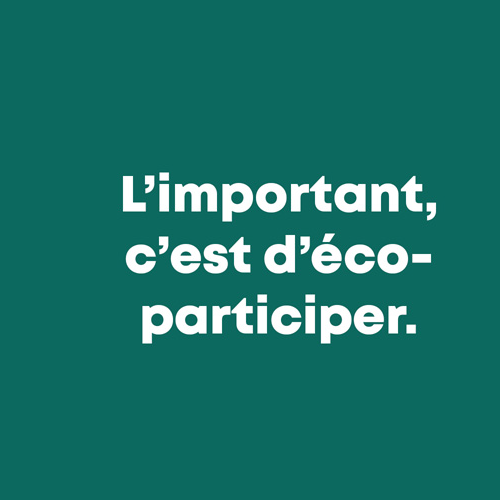
Direct access
The take-back obligation: what is your role?
How can Ecomaison help you?
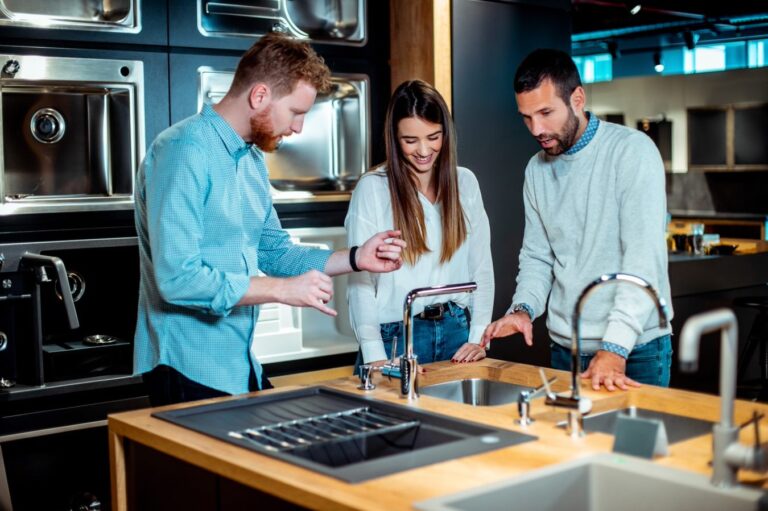
Distributors of furniture, bedding, toys, do-it-yourself and garden items, building products and materials: you're concerned.
You must organize a no-cost trade-in for your customers, and inform them of the trade-in terms and conditions prior to purchase.
To find out more, download our documentation:
The trade-in obligation: a question of threshold
Take-back conditions vary according to the sector, the sales area dedicated to the items concerned for stores, or sales in the case of deliveries, as well as for marketplaces.
Discover our take-back communication kits, designed to guide you in your obligations
and help you inform your customers, both on the web and in-store.
Furnishings
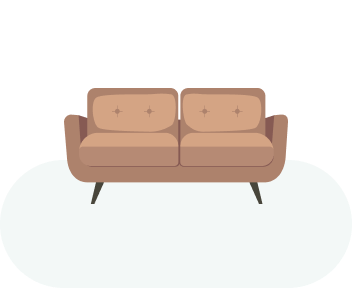
Furniture
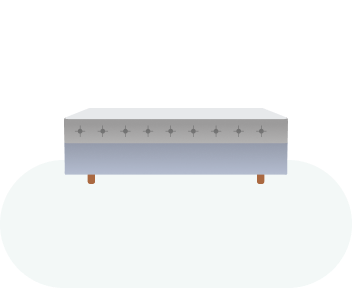
Bedding
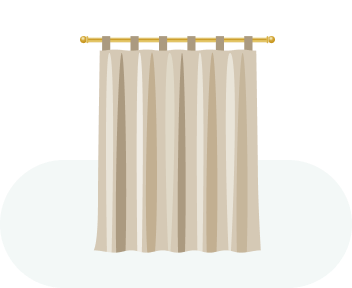
Textile upholstery
- 1 for 1" takeover: sales area between 200 and 400 m².
- 1 for 0" takeover: sales area greater than 400 m².
Communication kit to inform your customers about the trade-in:
DIY and gardening

DIY

Garden

Landscaping
and maintenance
- 1 for 1" takeover: sales area between 200 and 400 m².
- 1 for 0" takeover: sales area greater than 400 m².
Communication kit to inform your customers about the trade-in:
Toys

Plush

Building set

Board game
- 1 for 1" takeover: sales area between 200 and 400 m².
- 1 for 0" takeover: sales area greater than 400 m².
Communication kit to inform your customers about the trade-in:
Building
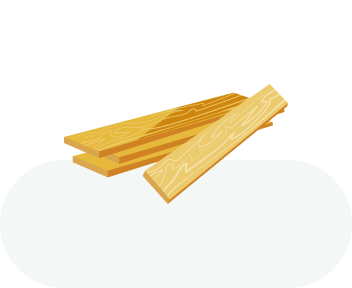
Wood - Glazed frames

Mineral wools - Metals
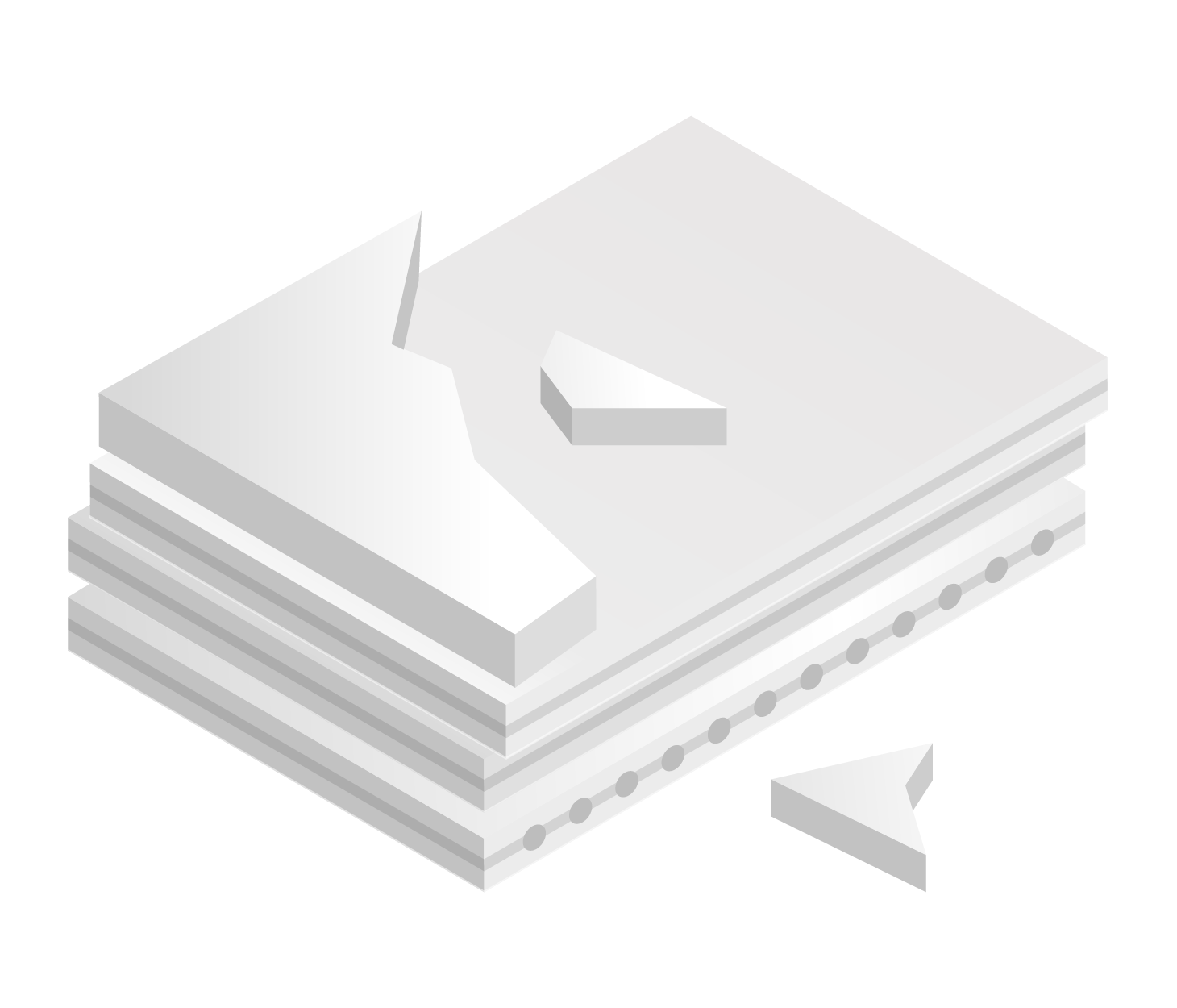
Plastics - Gypsum - Inert
- 1 for 0" takeover: sales area (including storage) greater than 4,000 m².
Setting up a dedicated building trade-in requires specific support. To find the best solutions, we invite you to contact our development managers.
Ecomaison member ?
Order our free communication tools (posters, flyers) adapted to your field of activity (Furniture, DIY & Garden and Toys).
Go to " My collection solutions ", then " Order
tools " and click on " Place order ".

Supporting re-use
Ecomaison brings together distributors and players in the Social and Solidarity Economy
What are the trade-in rules for deliveries?
Whatever your sector of activity - furniture, DIY, garden, toys - the same rule applies:
You must offer a free "1 for 1" trade-in of an equivalent product for the purchase of a new product, when your annual sales corresponding to these products are equal to or greater than €100,000 excluding VAT.
The Carte Pro set up by Ecomaison provides you with a solution to meet your obligations for furnishing items, with free access to a network of over 2,500 skips.
Environmental labelling, TRIMAN, prevention and eco-design plans: Ecomaison can help.

The regulations governing Extended Producer Responsibility (EPR) have been strengthened over the years to make marketers fully-fledged players in the circular economy.
The aim now is to raise consumer awareness, extend the useful life of products as far as possible, and preserve natural resources by encouraging eco-design and the use of recycled materials.
Ecomaison member companies benefit from all the services and solutions they need to meet all their regulatory obligations in terms of reuse and recycling.
Tell people about Repair Bonuses
As a distributor of home furnishings or DIY and garden products, you must inform your customers about the Repair Bonus and its amounts. This information must be available in your stores and on your commercial websites from July 1, 2024.
We recommend that you guide your customers to the repair pages on our website.
- You can also introduce them to the directory of Ecomaison-labeled repairers, a practical tool for locating qualified repairers and benefiting from the Repair Bonus.
- Find our ready-to-use communication kit to relay this information effectively.
Environmental data display
Providing your customers with precise information on the environmental quality of your products is one of the aspects governed by Extended Producer Responsibility (EPR).
Ecomaison provides its members with information and tools to guide them step by step towards simple, clear signage.

Sorting information with TRIMAN
Another expectation of the AGEC law is to display detailed sorting rules for each new product subject to a reuse and recycling channel. The aim? To help customers acquire the right sorting reflexes.
Management of unsold goods
What to do with your unsold goods? From now on, you're obliged to direct them towards re-use, rather than destroying them.
Ecomaison puts you in touch with its network of over 600 partners in the Social and Solidarity Economy. You'll be able to offer them your unsold products, as well as your unmatched parcels, spare parts (screws, boards...), after-sales returns, display models and even products in good condition from trade-ins.
It's an effective way to give your products a second life, while promoting solidarity-based re-use.
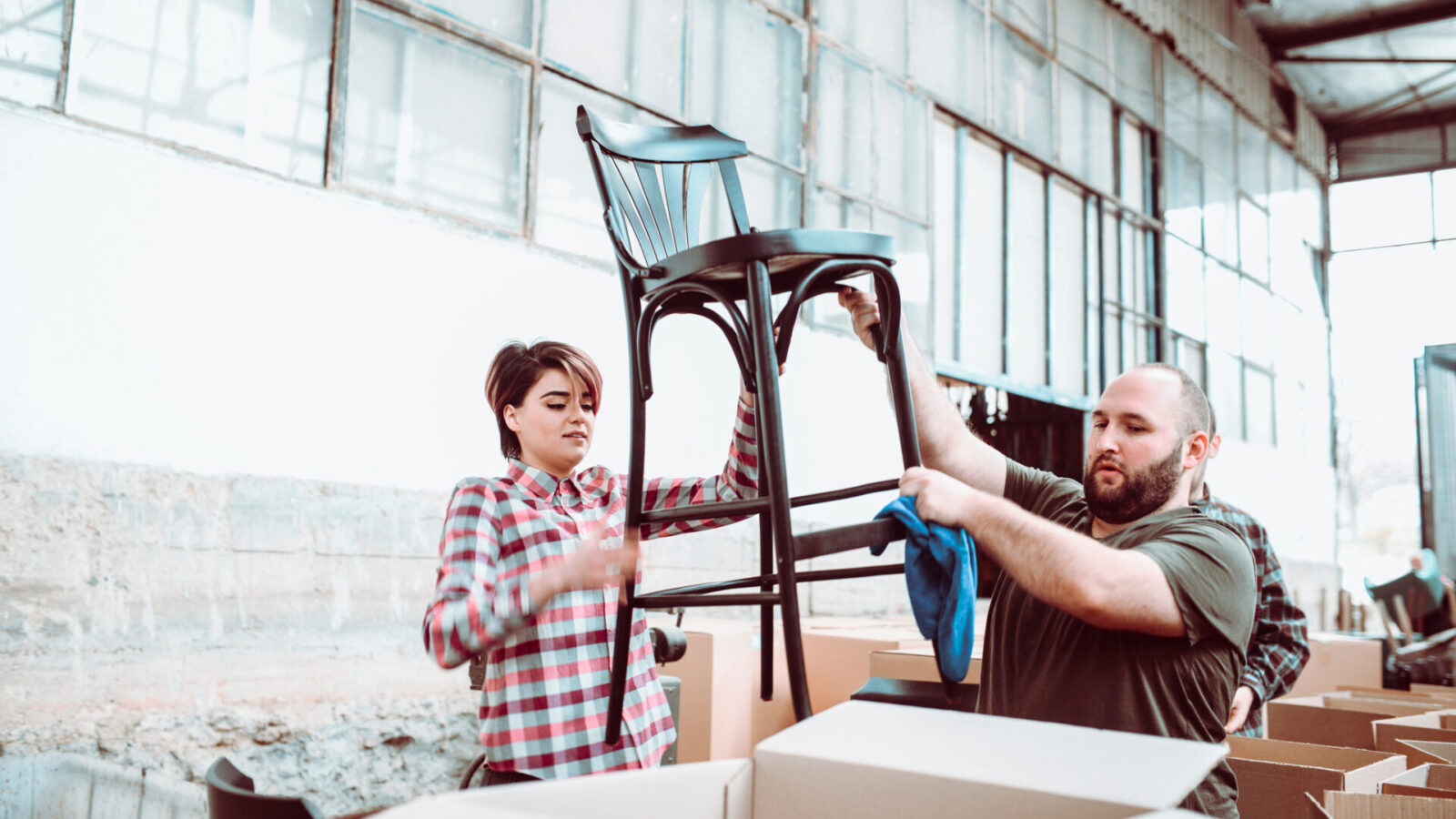
Your prevention and eco-design plan
Another feature of the AGEC law is that it requires manufacturers and distributors to produce a prevention and eco-design plan every five years. There are two ways of meeting this obligation:
- Drawing up an individual prevention and eco-design plan
- Or connection to the prevention and eco-design plan common to the sector concerned
From identifying the obstacles to implementing a structured plan, Ecomaison offers its members the tools and services they need.